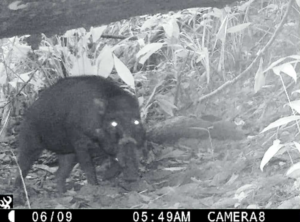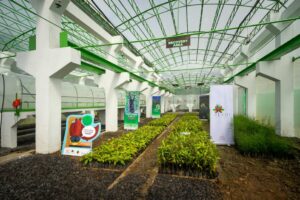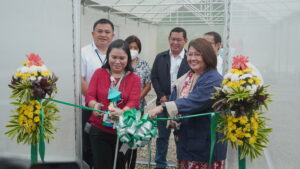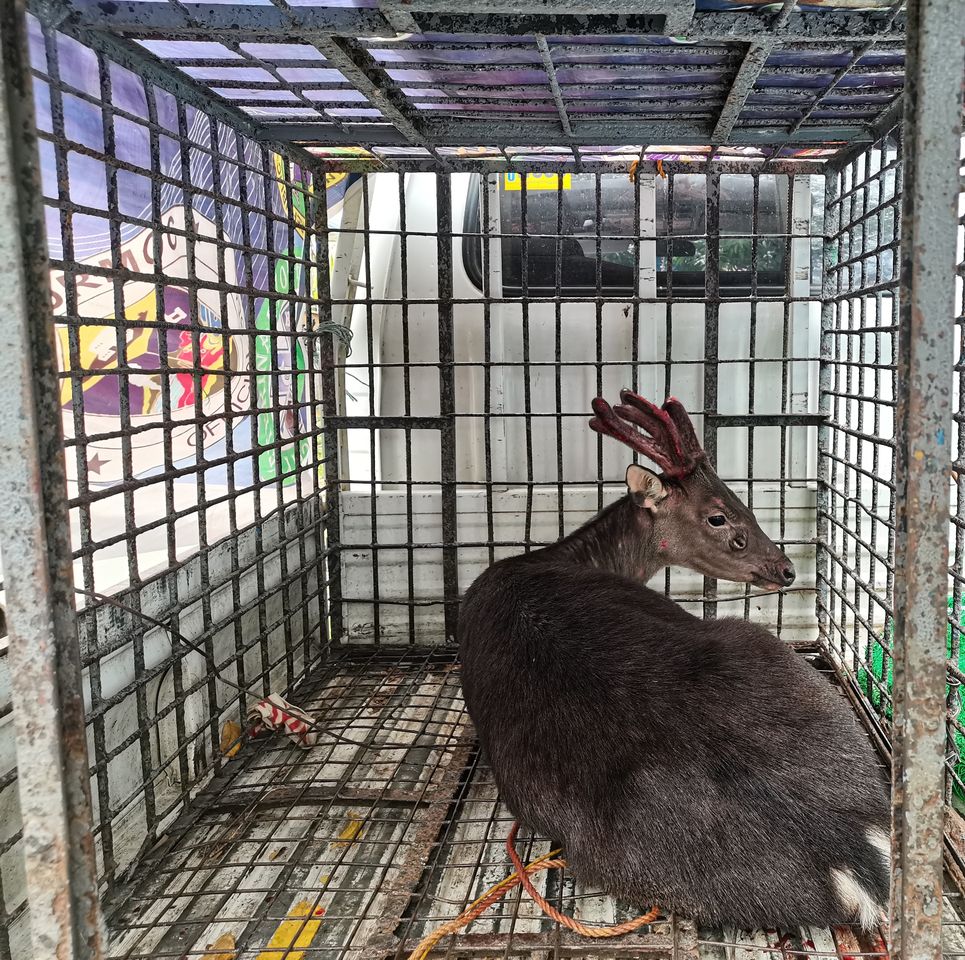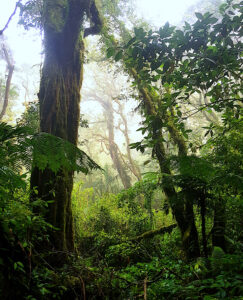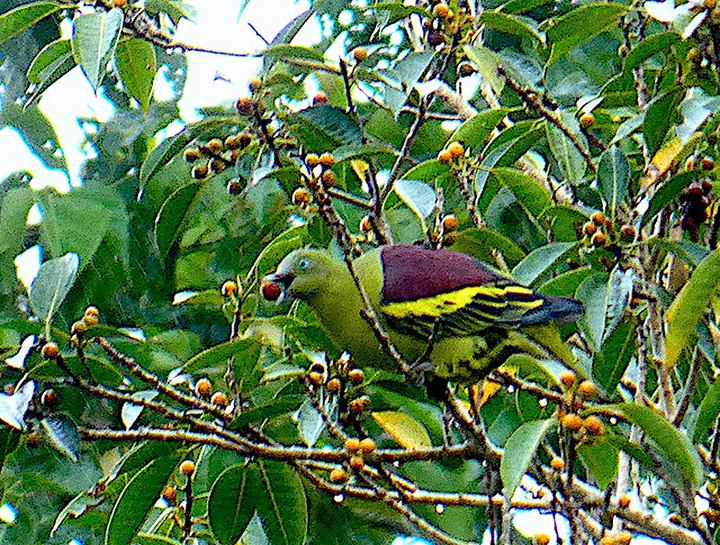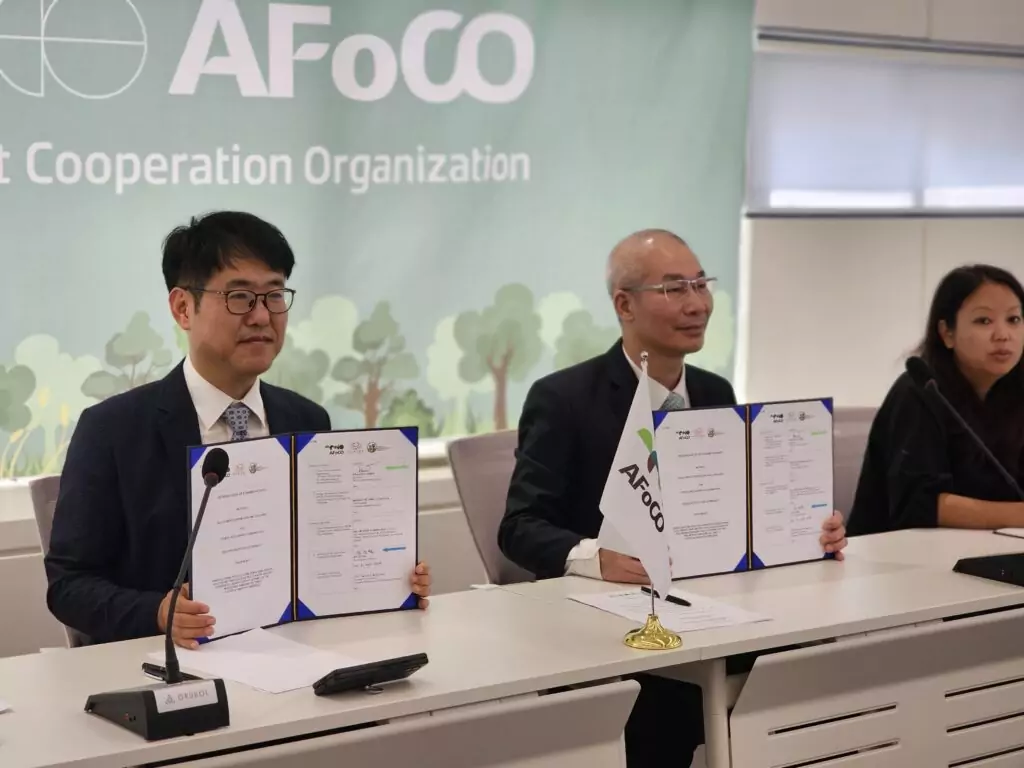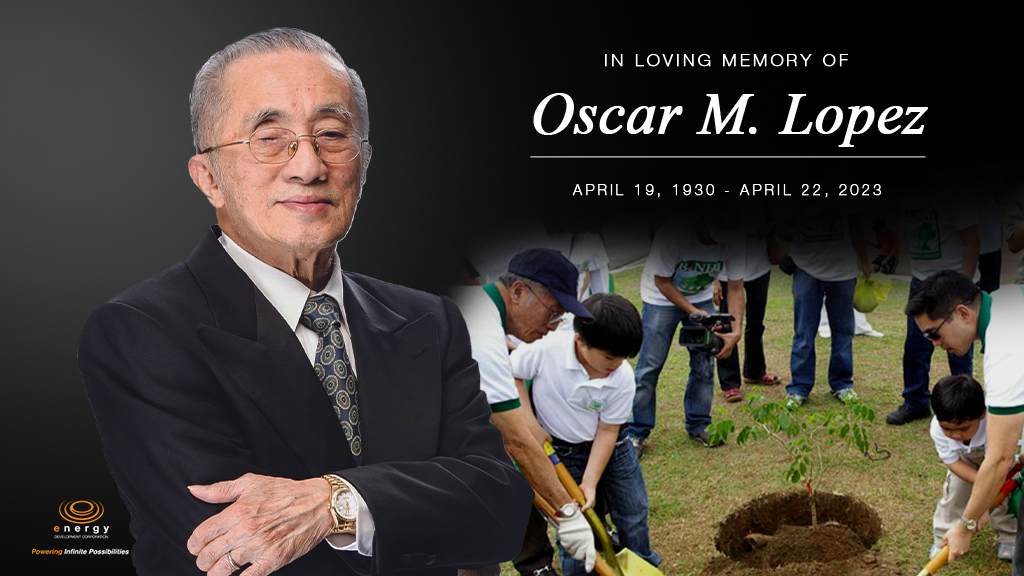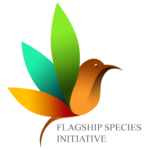Originally published by INQUIRER.net
Written by: Kenneth M. del Rosario
Saving the country’s native trees from extinction is a tall order, but one that needs to be taken seriously, with no further delay, and with full commitment, if stakeholders are to succeed.
It becomes an even more urgent situation knowing that about 47 percent of local native tree species are threatened with extinction, mainly due to urbanization, development, and habitat loss due to agriculture.
Energy Development Corporation (EDC) knows this all too well, which is why it wastes no time launching extensive environmental programs that include forest restoration, protection of forests within watersheds, and advocacy and mainstreaming of Philippine native trees. The organization is also involved in biodiversity conservation and provides support to local communities within the company’s areas of operation.
One of EDC’s most important projects is the Global Tree Assessment (GTA), an initiative with the Botanic Gardens Conservation International (BGCI) that aims to research and compile extinction risk information on all tree species worldwide.
BINHI, through the BGCI-funded GTA, has undertaken assessments for 1,470 Philippine endemic and near endemic tree species; 919 of these has been published in the IUCN Red List Online.
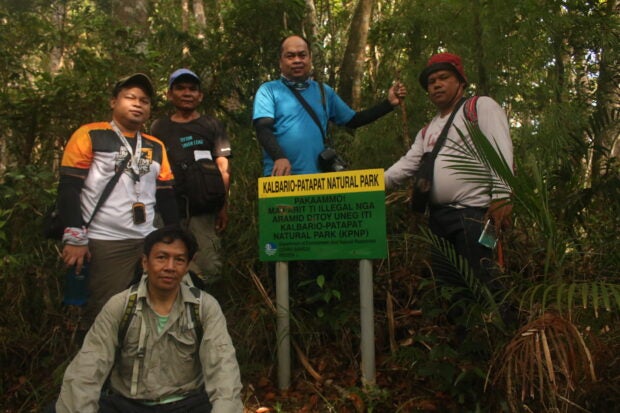
BINHI is EDC’s corporate social responsibility (CSR), which has become one of the largest corporate-led greening programs. The project focuses on premium native trees because they are well adapted to the country’s forests and have the chance to thrive better. They also won’t harm existing plants around them.
Of the first 800 global tree assessments, 49 were added to the BINHI priority species list. There are now a total of 145 priority species, 49 of which are considered critically endangered and island endemic species, limited to areas of Ilocos Norte, Palawan, Samar, and Davao. These are species that are highly susceptible to becoming extinct in the near future.
Rediscovery of species
Committed to conserving and advocating for species, EDC prioritized species rescue, inventory, and documentation for seven target species in Ilocos Norte and 15 species in Palawan in 2022. This underscores EDC’s commitment to put forward conservation efforts once data on assessment has been gathered.
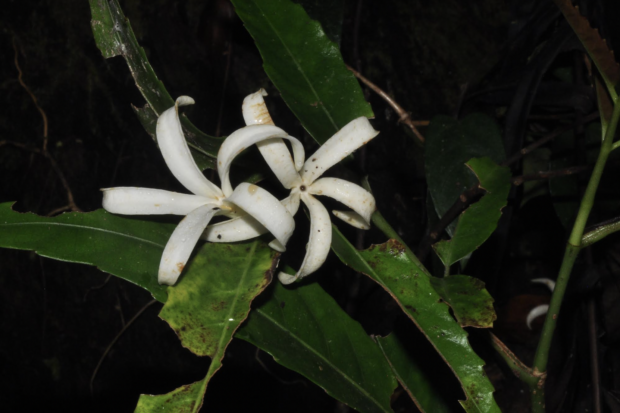
Fortunately, all seven species from Ilocos Norte, as well as 10 out of 15 so far in Palawan, have been accounted for.
Species found in Ilocos Norte include malapimpi, butungou, ginayang, malabayaon, barakitid, Sorsogon Lanutan, and Elmer pasnit. On the other hand, species found in Palawan include the Palawan lanutan, tagobahi, baris, paningit, karakuat, Iwahig malaruhat, and Pulgar lamuto.
The organization also collected seedlings for some species and is now collaborating with regional and local DENR units and other partner organizations (like the Katala Foundation in Palawan) for protection and conservation efforts under its BINHI Adopt A Wildlife Species (AAWS) program.
When it started, one of the first tasks BINHI did was rescue the first 96 most endangered trees in the country, making sure they completed the bank of seeds for the endangered native trees. Because of the effort, they now have the chance to propagate the samples in nurseries later on.
On June 24, 2022, the EDC renewed its partnership with the DENR for the AAWS program, further highlighting the rediscovery survey of the new 49 priority species. It also signals the start of a collaboration between the two institutions for the adoption of the GTA efforts with BGCI.
Continuing recognitions
EDC recently received accolades for BINHI. At the recently held 2023 Tambuli Asia Pacific Awards, BINHI won the top Gold citation under the Care for the Environment category of the Sustainability & Corporate Purpose division and went on to receive the event’s highest commendation possible—the Grand Prix—considered the best among all other Gold winners across the division’s various categories.
Another EDC corporate social responsibility (CSR) initiative, the Baslay coffee project in its Southern Negros Geothermal Project, also won a Silver award under the Inclusive Growth category in the same division. The Baslay program has been engaging slash-and-burn or “kaingin” farmers for over three decades and capacitating them with organic coffee farming and retail as an alternative livelihood.
Building on these recognitions, EDC will be holding an in-situ restoration or actual conservation efforts that will be launched to improve the habitat of species found, specifically those found in Ilocos Norte. After which, the continuation of the species survey for areas of Samar and Davao will ensue.
In-Situ Conservation involves partnering with local government units to improve local environmental policies, raise awareness among communities about tree species of interest, and build the capacity of stakeholders to implement appropriate local conservation actions.
All of this underscores the fact that there’s still a long way to go before native tree species are fully protected. But with the efforts of EDC and partner organizations, the next generation may wake up to a much greener, more sustainable planet.
ADVT.


